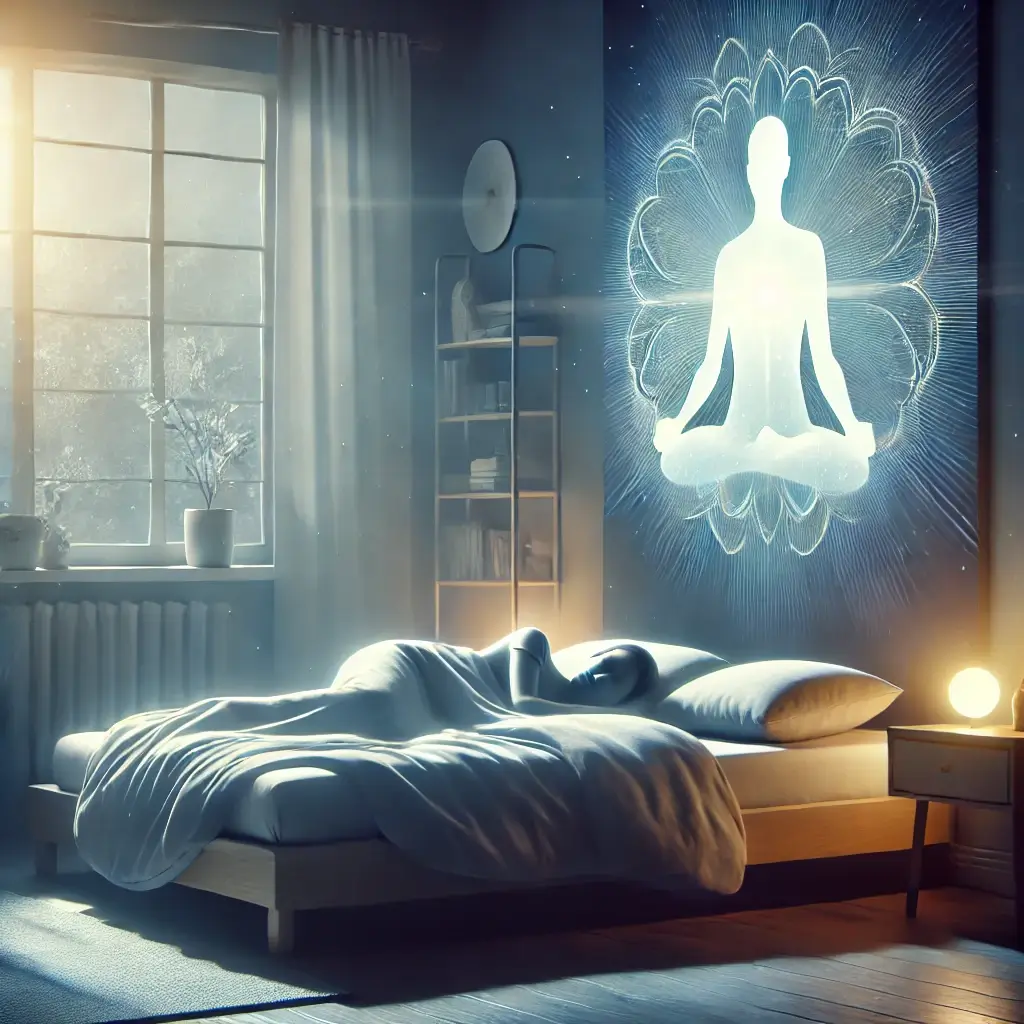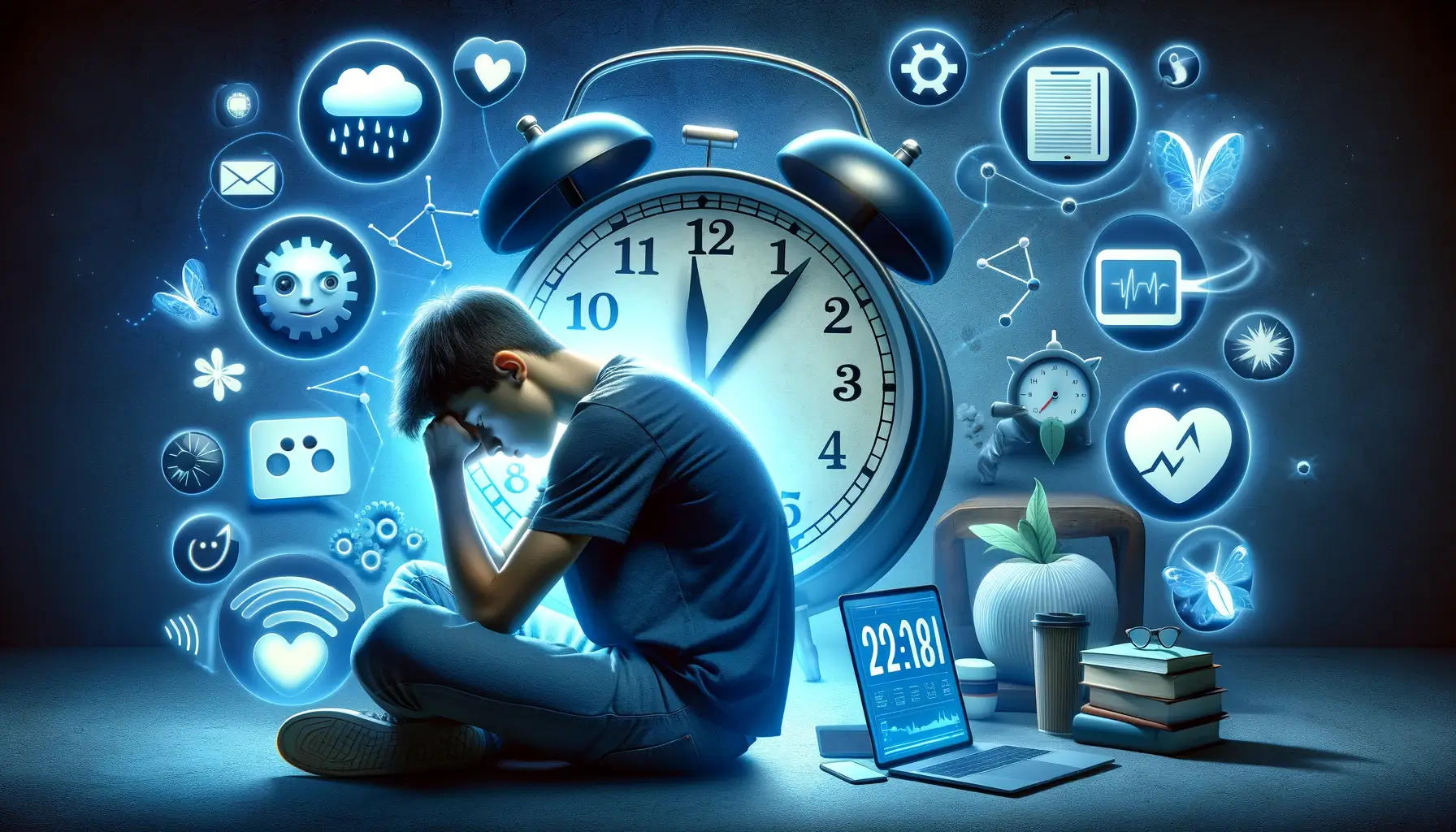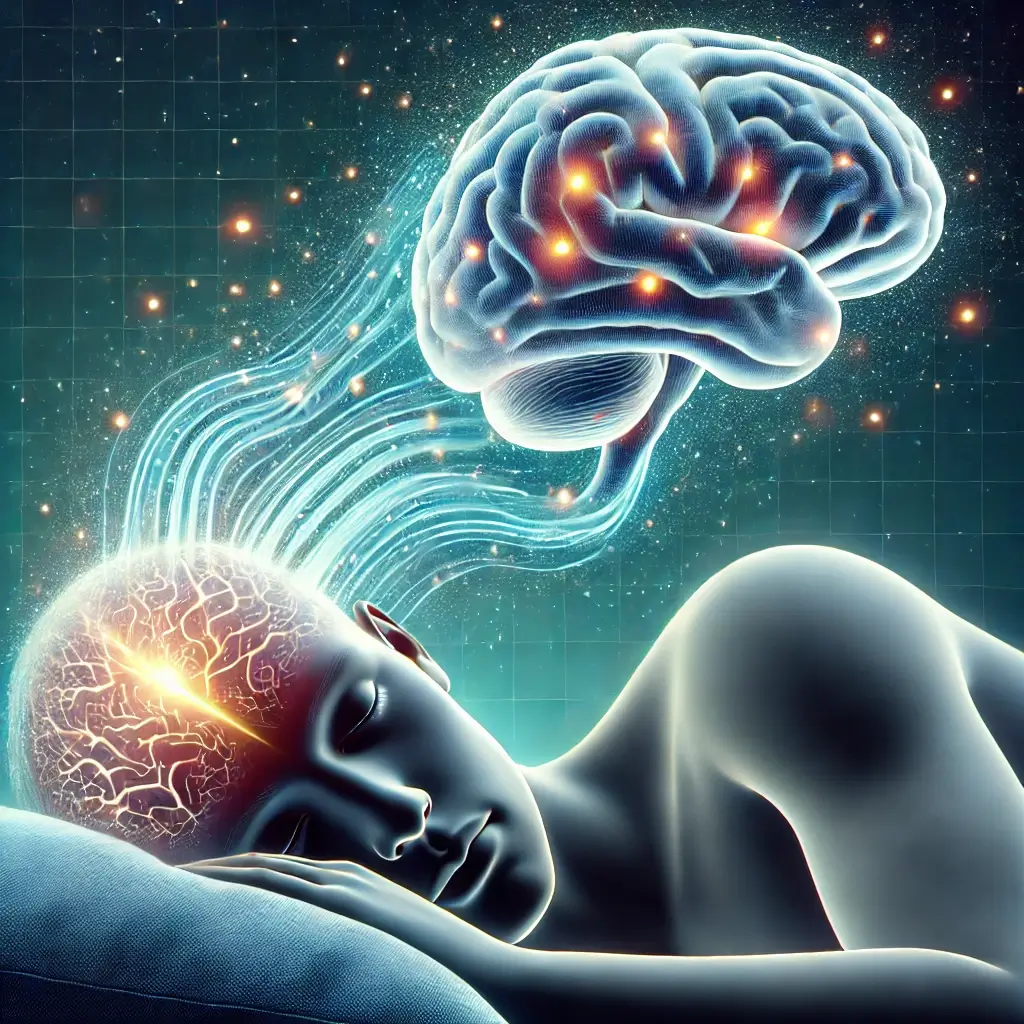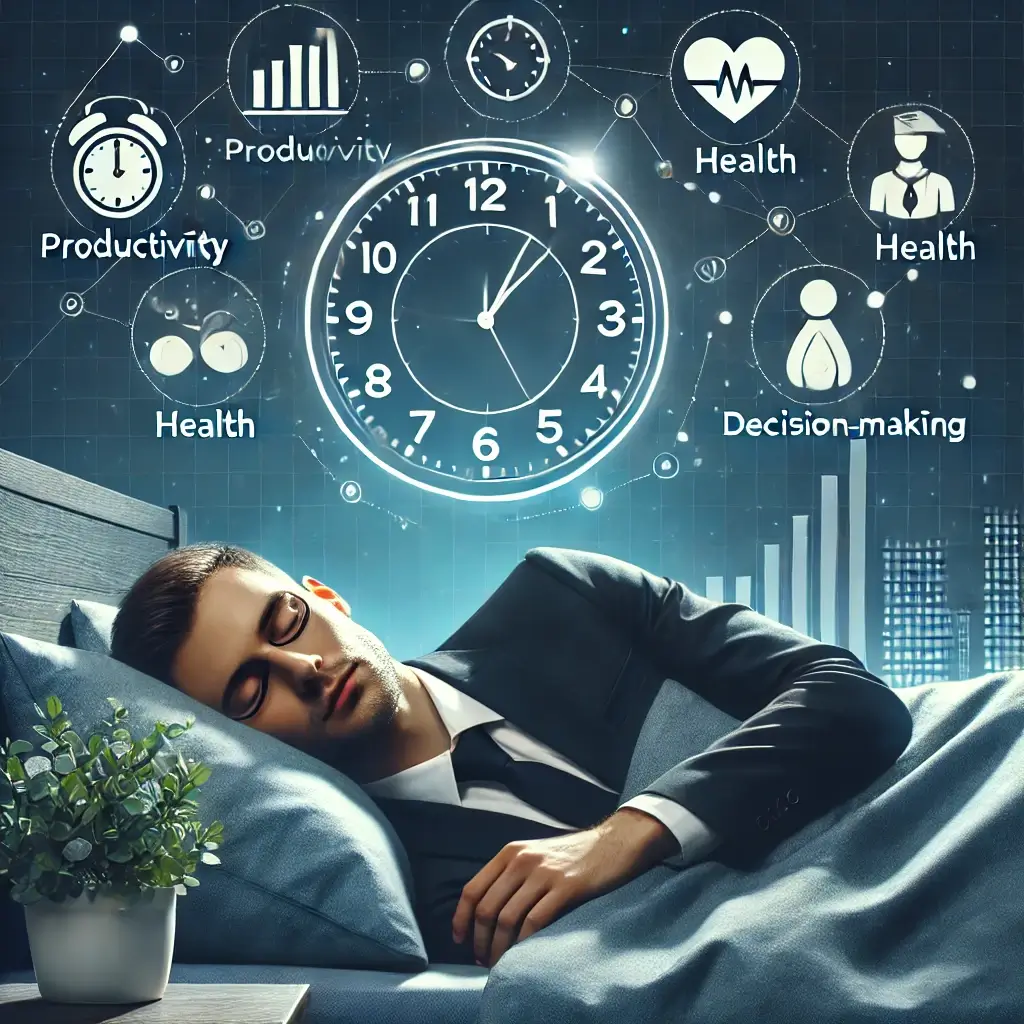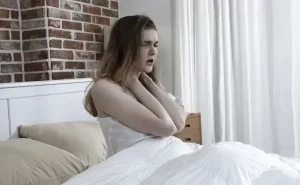The Science Behind Depression and Sleep: Insights for Better Mental Health
The Intricate Relationship Between Depression and Sleep
Depression, a mental health condition, can disturb sleep patterns. The relationship between depression and sleep is intricate and multifaceted. The relationship between depression and sleep difficulties is typically intertwined, forming a complex cycle that can be challenging to disrupt. Individuals with depression sometimes encounter sleeplessness or difficulty initiating sleep.
The Vicious Cycle of Depression and Sleep Issues
Conversely, persistent lack of sleep can exacerbate symptoms of sadness and impede one’s ability to manage everyday activities. This process can lead to a negative feedback loop, where one state worsens the other. Insufficient sleep can exacerbate emotions of despair and irritation, further complicating the management of depression symptoms.
Breaking the Cycle: Seeking Professional Help
Consequently, the pessimistic thoughts and feelings linked to depression can impede the ability to unwind and initiate sleep, thereby continuing the cycle. Individuals going through this cycle should prioritize seeking assistance from a healthcare expert. Therapy, medication, and lifestyle modifications can all contribute to managing both depression and sleep disruptions.
Enhancing Psychological Well-being
By disrupting the pattern, individuals can enhance their psychological and overall well-being. The Impact of Depression on Sleep: Insomnia is characterized by the difficulty of initiating sleep, maintaining sleep, or experiencing early morning awakenings. Hypersomnia refers to the condition of experiencing excessive sleepiness during the day.
The Reciprocal Impact of Sleep on Depression
Poor sleep can exacerbate symptoms, such as mood disturbances, decreased energy levels, and impaired focus. Sleep deprivation can impair cognitive function, leading to compromised decision-making, problem-solving abilities, and memory. Addressing both depression and sleep difficulties is crucial for achieving maximum well-being.
